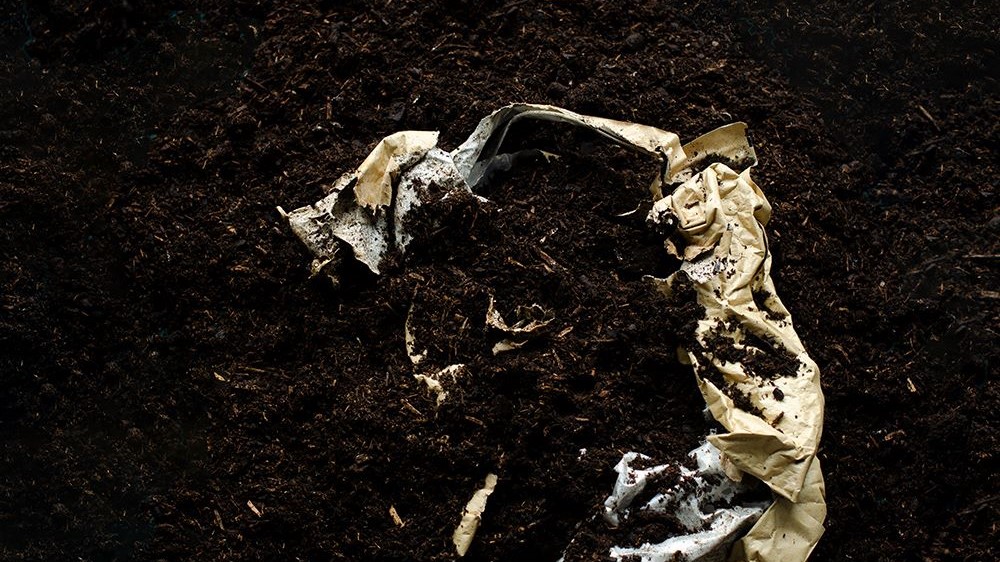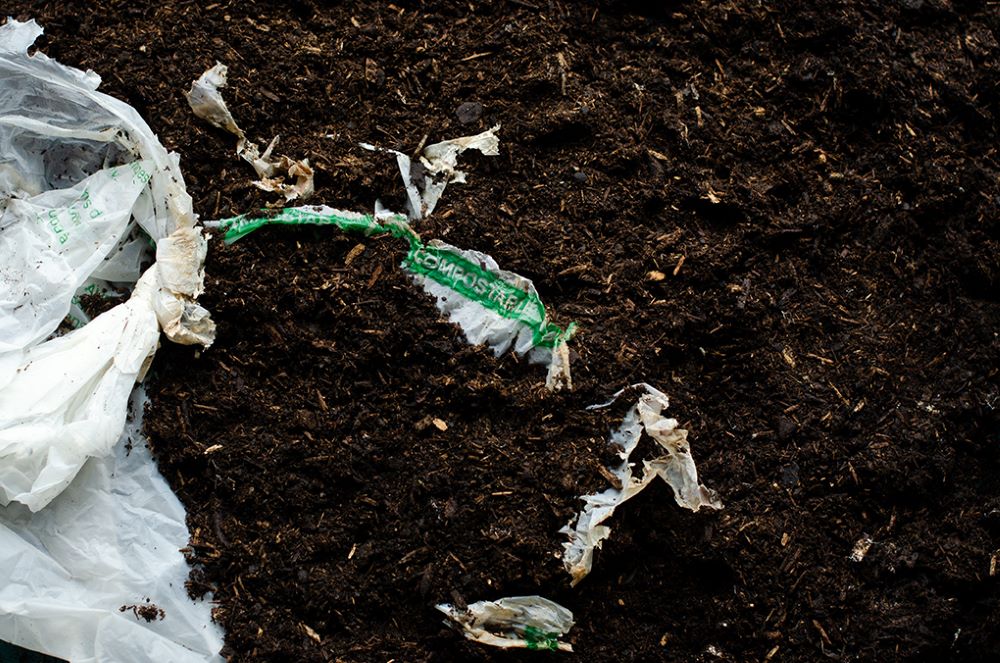Recent Posts
- Home
- Elevate Blog
- Is Compostable Packaging Only For Food?
Is Compostable Packaging Only For Food?
Posted on

As brands become increasingly aware of their environmental footprint, the question of how we package our products has never been more relevant. The food industry is undergoing a transformative shift towards more sustainable packaging choices. But is this exclusive to food packaging? Or does the potential of compostable packaging extend beyond the boundaries of meals and snacks?
The unique nature of composting, the power of closed-loop systems, and varying perspectives on sustainable packaging solutions are all pieces of a larger puzzle. Addressing the question of whether compostable packaging is solely for food requires an understanding of its capabilities and the environmental challenges it looks to overcome.
Paving the Way for a Greener Food Industry
The food industry has long been dominated by single-use plastics—from containers and wraps to bags. Now, there’s a shift towards a greener alternative: compostable packaging. This isn’t just a trend; it’s a response to the urgent call for more sustainable practices.
Compostable packaging and food products are an ideal match! Offering a practical and sustainable alternative to traditional plastics, compostable packaging ensures freshness and maintains the quality and safety of food.
Compostable food packaging also plays a significant role in diverting food waste from landfills to composting facilities. It helps reduce compost contamination, ensuring that when food and its packaging are disposed of together, no non-compostable materials find their way into the compost pile. Both the packaging and any remaining food scraps can be composted together, leaving behind no harmful residues or contaminants.
The adoption of compostable packaging within the food industry stands as a powerful testament to the sector’s dedication to sustainability and its influential role in championing change.
Compostable Packaging Beyond Food
The potential of compostable packaging stretches far beyond the confines of the food industry. From apparel to e-commerce, the possible uses for compostable packaging are diverse and promising.
In 2018 alone, the U.S. sent a staggering 10 million tons of plastic packaging to landfill, highlighting the urgent need for sustainable alternatives across all industries. By adopting compostable materials, we are not just exploring new avenues but actively participating in the reduction of packaging waste.
Various industries are now recognizing the benefits of compostable packaging. More and more, we are seeing eco-friendly compostable alternatives replace the traditional plastic used in products like florist wrap, shrink bands, and pallet wrap.
In the fashion industry, brands are aligning their packaging choices with their commitment to sustainability. They are turning to compostable materials that safeguard both their products and the planet - style and sustainability can go hand in hand!
E-commerce has significantly increased the demand for shipping materials. Compostable shipping materials, including mailers and labels, allow businesses to minimize their environmental footprint while ensuring that products reach customers in perfect condition.
The environmental impact of packaging extends far beyond what meets the eye, it encompasses the entire lifecycle of the material. With compostable packaging, we have an opportunity to make a significant positive change.
The Unique Nature of Composting
The magic of composting lies in its ability to turn waste into valuable resources, positioning it as an indispensable part of sustainable waste management. Designed to break down under specific conditions, compostable packaging transforms into nutrient-rich compost within a predetermined time frame.
So, the question stands: Should we really confine the use of compostable packaging to food-related applications alone?
The environmental challenges we face today, from climate change to microplastics, necessitate a more comprehensive approach to sustainable packaging. By limiting compostable packaging to just food items, we might be missing out on significant opportunities to reduce the environmental impact of packaging waste in other sectors.
Despite recycling efforts, the global recycling rate for plastics remains dismally low, with only a small percentage being successfully recycled each year. This stark reality underscores the need for alternatives like compostable packaging, which offers a sustainable end-of-life option and contributes to a circular economy.
Compostable packaging, whether for food or non-food items, offers a sustainable alternative to plastic. When composted, these materials return to the earth, enriching the soil and completing a natural cycle. By promoting the composting of all compostable packaging, not just those for food, we can further reduce landfill waste, decrease carbon emissions, and support a more sustainable and circular economy.
Read More: What Happens to Compostable Items in a Landfill?
The effectiveness of this transformation hinges on proper disposal practices and access to adequate composting facilities. This underscores the pressing need for a robust composting infrastructure and heightened public awareness. We must collectively work towards creating an environment where composting is accessible, understood, and widely practiced.
The Power of Closed-Loop Systems
Closed-loop systems create a continuous cycle of use, recycle, and reuse. In the realm of compostable packaging, these systems ensure that the material’s value is maximized while its environmental impact is minimized.
Take, for example, a sports event. By integrating compostable packaging, organizers can significantly reduce waste, ensuring that any discarded packaging is composted and returned to the soil. The controlled environment minimizes the risk of compost contamination. This approach reduces the event’s environmental footprint and educates the public on sustainable practices.
Another example of a closed-loop system is a collection service such as the Compost Stewardship Institute’s take-back program. They ensure that pre-verified used compostable packaging is collected, delivered, and processed efficiently. This approach maximizes the environmental benefits and also reduces compost contamination, as companies (in partnership with the Compost Stewardship Institute) take on the responsibility of both supplying and collecting compostable packaging.
Let’s Make Composting Mainstream!
Ask us how to get ALL your packaging composted.
Connect With Us
With responsible disposal practices, compostable packaging breaks down, contributing to soil health and potentially even being used to grow the raw materials for new food products. This full-circle approach exemplifies the true power of closed-loop systems.
Read More: The Compostable Packaging Life Cycle

Our dedication to sustainability extends far beyond providing eco-friendly packaging options. We are committed to reshaping industries and consumer habits, fostering a culture of responsibility, and paving the way for a more sustainable future.
The power of compostable packaging lies in its versatility and its ability to create a circular economy, where waste is minimized, and resources are utilized to their fullest potential. From the food industry to fashion, e-commerce, and beyond, the applications of compostable packaging are vast and varied!
As we navigate the complexities of environmental stewardship, it is important to explore the full spectrum of sustainable solutions at our disposal. Compostable packaging is not just a solution for food; it is a solution for the future, a step towards a world where sustainability is a way of life.
Ready to Start Your Compostable Packaging Journey?
Contact Us
 Loading... Please wait...
Loading... Please wait...



